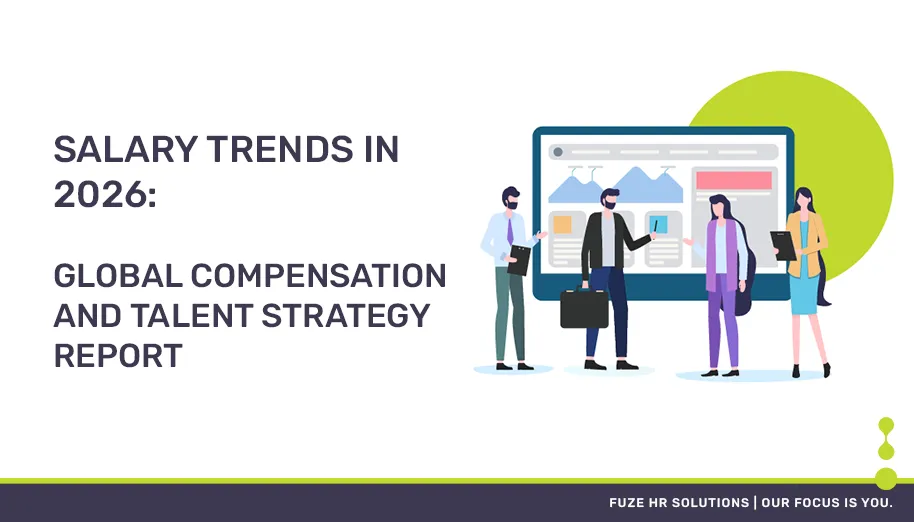Blog post written by Christelle Lambert
In all the discussions I’ve been lucky enough to have with business leaders, the topic of the day is employer branding.
- But what is employer branding?
- How do we bring employer branding to life in today’s market?
- Why does it seem to be such a hot topic these days?
- We answer your questions here:
What is employer branding?
Employer branding is the equivalent of branding for a well-known brand, such as Nike or Versace. The difference is that employer branding focuses on your reputation and speaks directly to your potential and current employees. The aim is to create awareness, recognition, trust and visibility for your company as an employer of choice. Basically, the stronger your employer brand, the more likely you are to attract, retain and engage your employees! And believe me, in times of labour shortages, it can make all the difference.
How do you bring your employer brand to life?
There are 3 levels at which employer branding comes to life:
Level 1: Outside your company.
What do people say about you on specialized pages like Glassdoor? How do you bring your employer brand to life on social networks? Do you promote your current employees, your benefits, people’s seniority, etc.? Do you take the time to position yourself at source, in schools, with young people in your region?
Level 2: Interviewing and hiring.
What is your company’s talent experience? Do you take the time to email every unsuccessful candidate after a preliminary interview? Is talent delighted after a first interview? Have you made a real effort to get to know the talent beyond their resume?
And finally, when a new employee joins your company, what is their experience like? Is he or she expected and welcomed? Is the training program up-to-date and well-defined? Do employees feel supported and directed in their learning?
Level 3: Retaining your current employees.
Obviously, retention is a subject in itself and can be defined by a large number of actions. However, employer branding is about the overall employee experience, during their time with the company. Here are a few examples of simple, non-monetary actions that can greatly enhance your employees’ experience:
- Team building
- Ongoing training
- Defined career paths
- Giving time off for anniversaries
- Celebrating success and achievement
- Team dinner
- Adapting work schedules
- Allowing a hybrid work mode – home/office
Read more about why you should consider internal promotion and its benefits.
Why is Employer Branding is such a hot topic?
The reality is that the world of work has changed dramatically over the last few decades. While the unemployment rate was close to 11% in 1980, April 2023 saw the lowest rate since 1989, at 4.9% for the province of Quebec . With a shortage of manpower, companies are finding it very difficult to hire new employees, and when they do, pay equity is undermined. As a result, their best employees leave for higher salaries, and the company finds itself still in recruitment mode. In the end, if the employer brand is strong, and your employees are sure they’re in the right place, it will be easier to hire, but also easier to retain them. As a recruiter, I recognize a strong employer brand when the talent I’ve approached tells me they wouldn’t leave the company, even for a better salary, because they’re truly fulfilled in their position and feel pampered to be part of the company!
Is this true of your employees?
Christelle Lambert
Business Development Director





